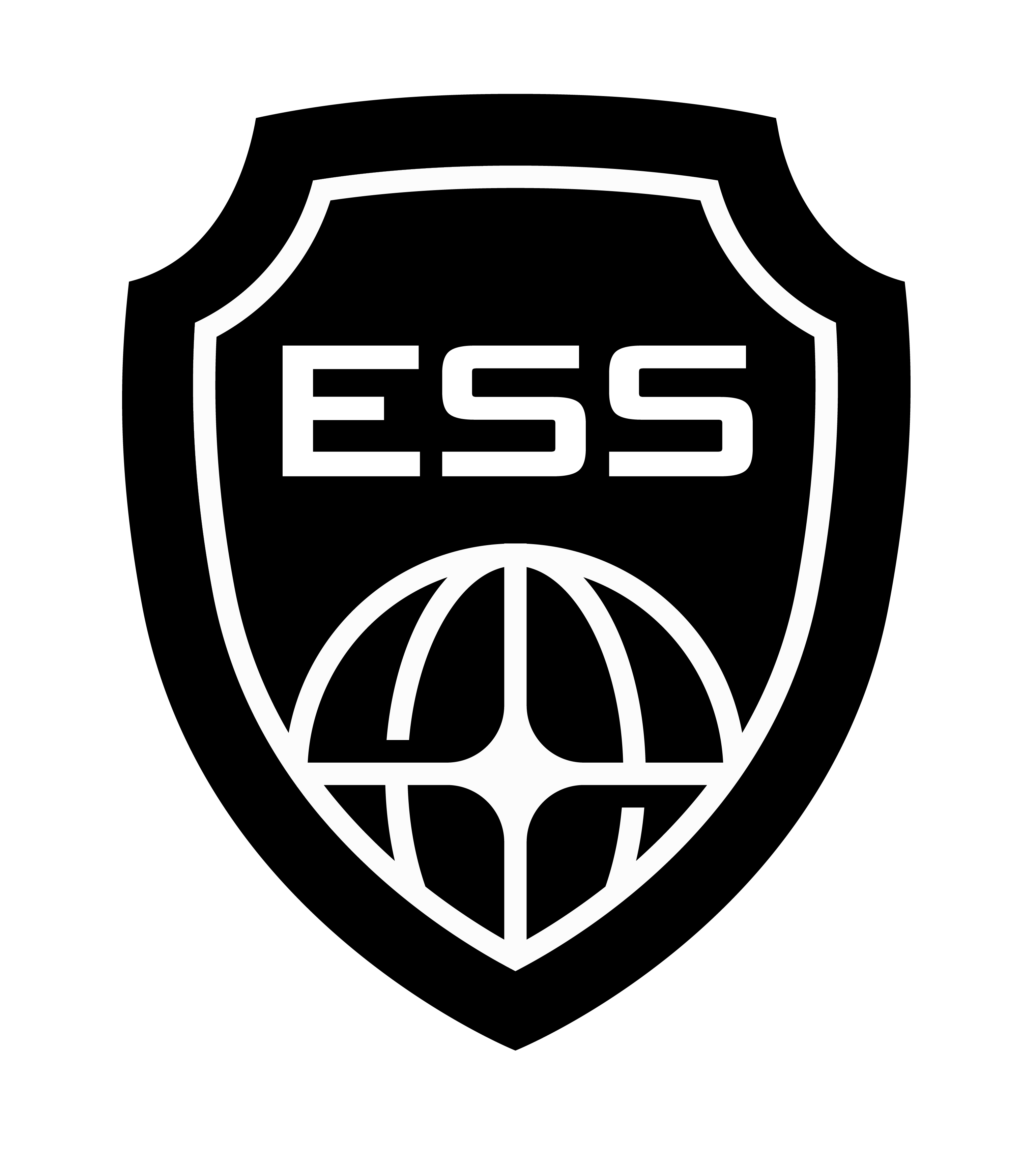ESS Global Corp specializes in Executive Protection in Florida and more, with a presence in Tampa, Orlando, Miami, Jacksonville, West Palm beach and more.
Executive Protection in Florida and More
Being a corporate executive may not be as stressful as you may think, but it’s certainly dangerous. Or at least, that’s a reasonable conclusion based on the money companies spend protecting their top executives.
Executive compensation reports filed with the U.S. Securities and Exchange Commission over the past several years reveals how much companies spend to protect their top executives.
Oracle, spends about $2 million/year protecting Chief Executive Larry Ellison. Google spends over $500,000 protecting Chief Executive Eric Schmidt. Disney over $1 million for Mr. Eisner.
More and more frequently, large companies are accepting security expenditures as a necessary cost of doing business. Top executives are the company’s most valuable assets, and they need to treat them accordingly. In the Ford Annual Proxy Report they Ford states that, “the benefits of providing these programs outweigh the relatively minor costs associated with them.” Ford spends over $1 million a year protecting its top executives and members of the Ford family.

Executive Protection in Florida – ESS Global
An executive will contract with a security company such as ESS Global Corp to provide guards at their home, both for screening visitors as well as stationed around the perimeter and inside the property. And it’s not just corporate executives; politicians, celebrities, athletes, and more are hiring executive protection specialists.
The risks increase when people travel and even more so if that travel is outside the US, as is often the case with celebrities. Most hire additional manpower when they travel to high-crime countries. The executive protection guards use secure drivers, plan secure routes, and investigate cars, limos, even the corporate jet for potential security breaches such as unidentified luggage.
Agents scout out hotels, meeting rooms, restaurants, venues and more in advance.
“People need to remember”, says Theodore Billiris, CEO of ESS Global Corp, “everyday situations in relatively safe locations are not totally risk free. It doesn’t matter if the threat is planned or opportunistic. Incidents affecting personal safety, both directly and indirectly, can and do occur every day. This threat is heightened with travel outside the perceived safety of the home.”
ESS Global Corp clients benefit from:
- Customized Risk Assessments
- Close Protection Agent Availability Across The US, As Well As Globally
- Secure Ground Transportation
- Travel Planning and Protection
- Private Aircraft Protection
- Special Event Security
- Venue Security and Protection
ESS Global Corp will take every precaution when it comes to protecting you, your family, and your property. Our agents experience in this field is second to none.
Our solutions are tailored to your needs. Give us a call or drop us a line and find out more about the ESS Global difference.


 Executive protection is not just about protection. It is in fact about the entire experience for our client. Now, while most of what we do is based upon security, some of it is simply based upon pleasing our client. We always teach in our courses here at ESS Global Corporation Executive Protection School, that you will always be balancing Compromise vs Convenience. That is the compromise of security that we must allow to enable the convenience of the client. As Executive Protection agents, we are always security minded and want to keep security at a high level. Unfortunately, high levels of security are not always convenient for our clients. While we would like to keep them locked down under our supervision 24/7, they like to go outside, go shopping, go eat, etc. In order to do this, we have to drop the level of security a little bit to achieve this.
Executive protection is not just about protection. It is in fact about the entire experience for our client. Now, while most of what we do is based upon security, some of it is simply based upon pleasing our client. We always teach in our courses here at ESS Global Corporation Executive Protection School, that you will always be balancing Compromise vs Convenience. That is the compromise of security that we must allow to enable the convenience of the client. As Executive Protection agents, we are always security minded and want to keep security at a high level. Unfortunately, high levels of security are not always convenient for our clients. While we would like to keep them locked down under our supervision 24/7, they like to go outside, go shopping, go eat, etc. In order to do this, we have to drop the level of security a little bit to achieve this.